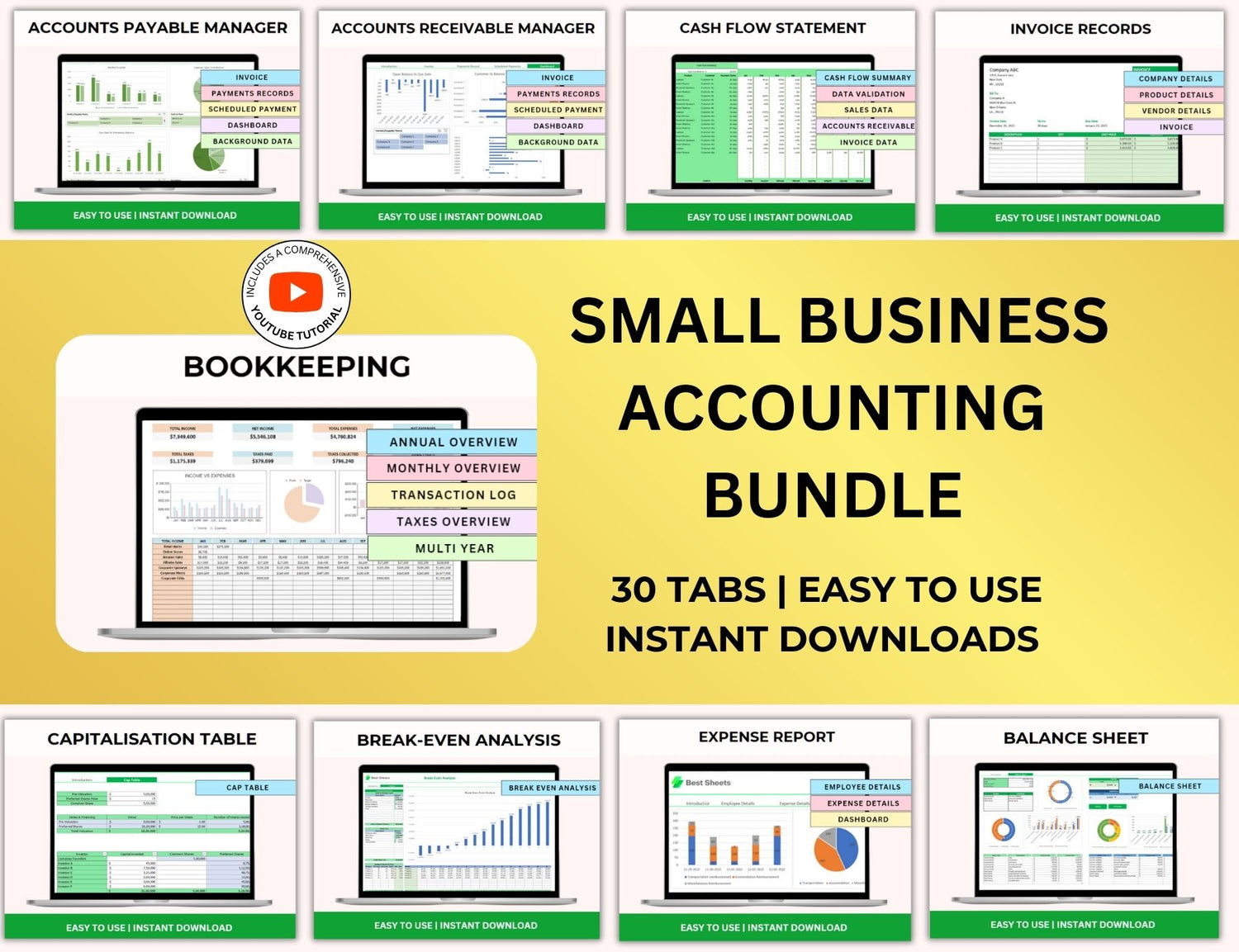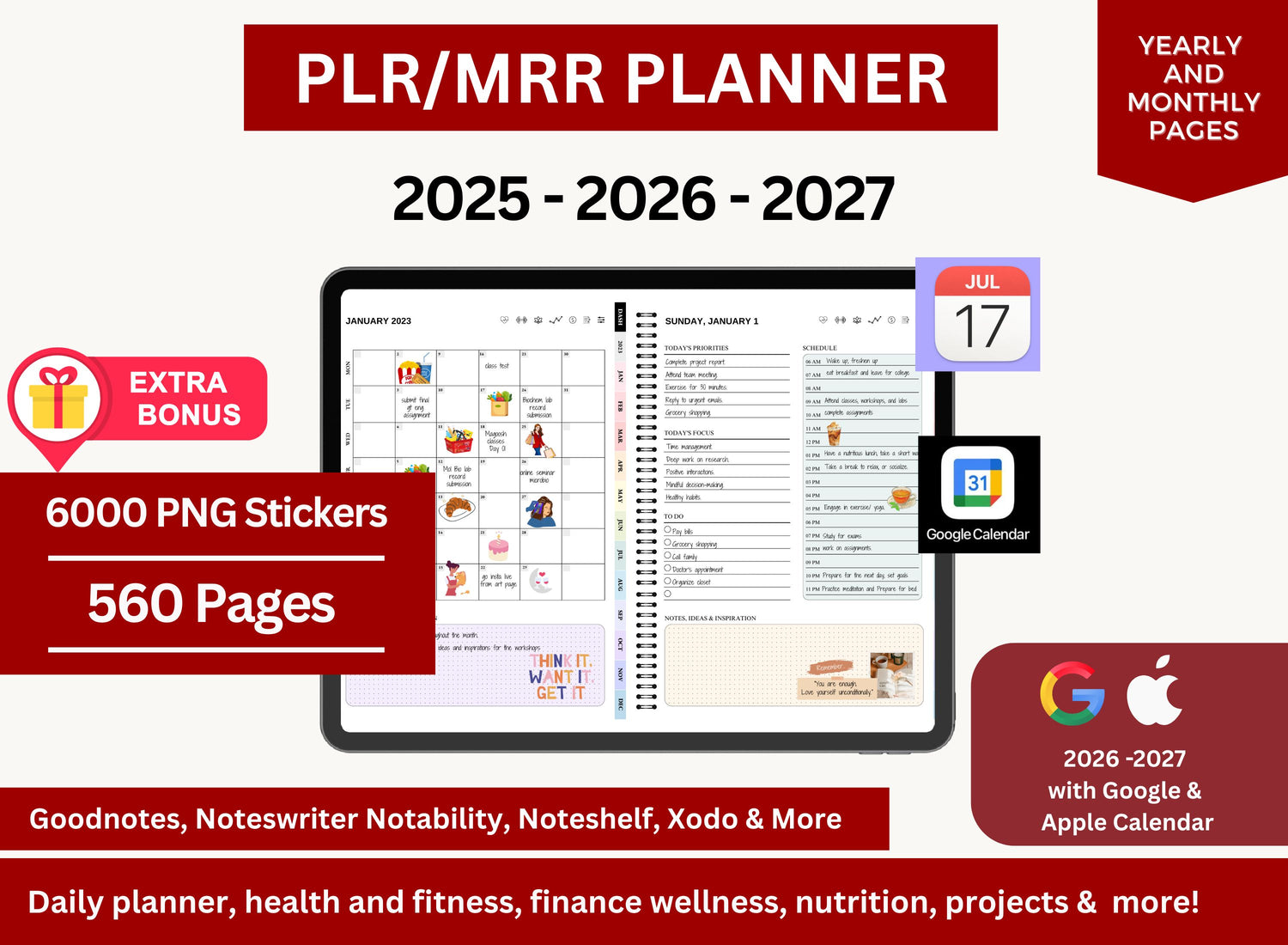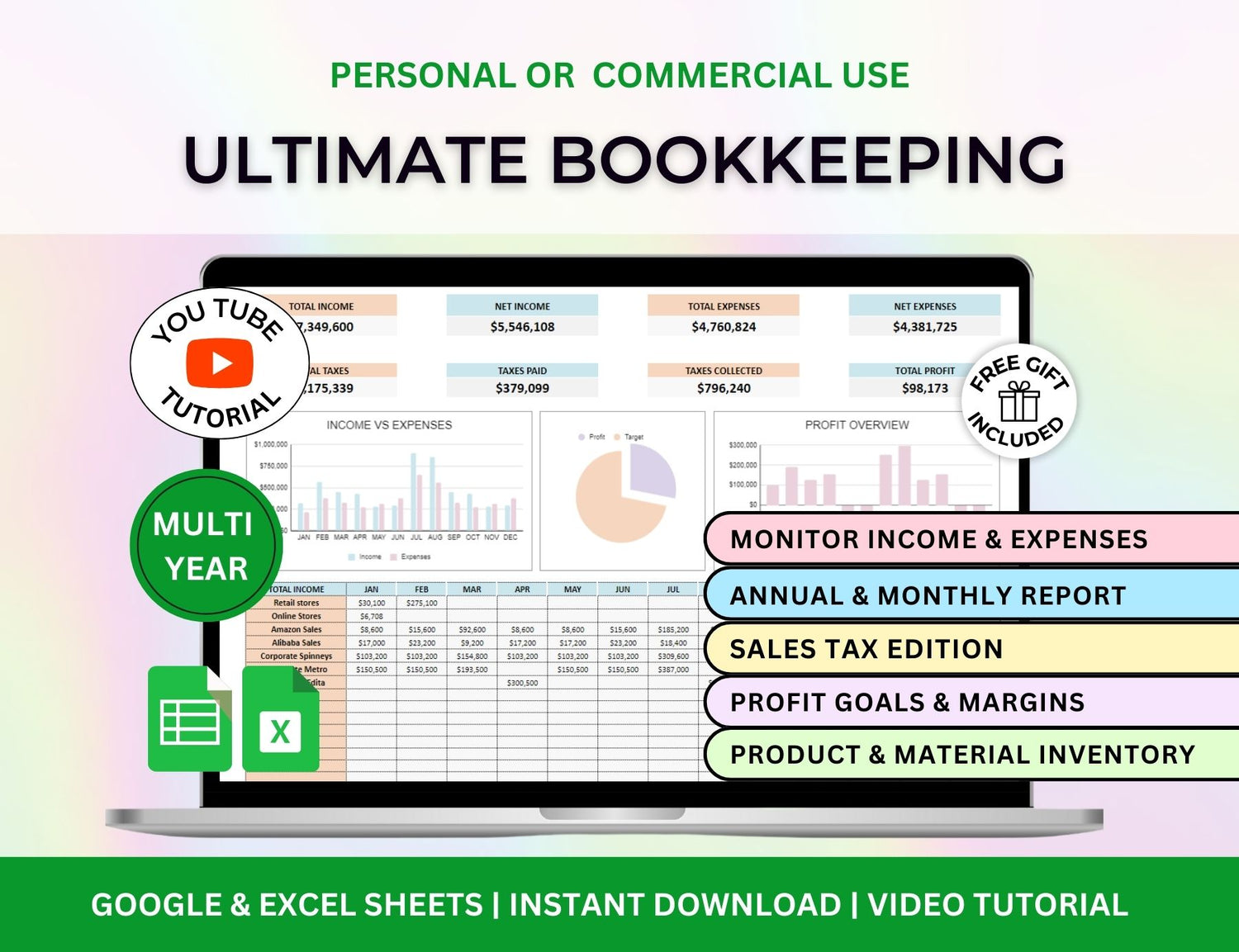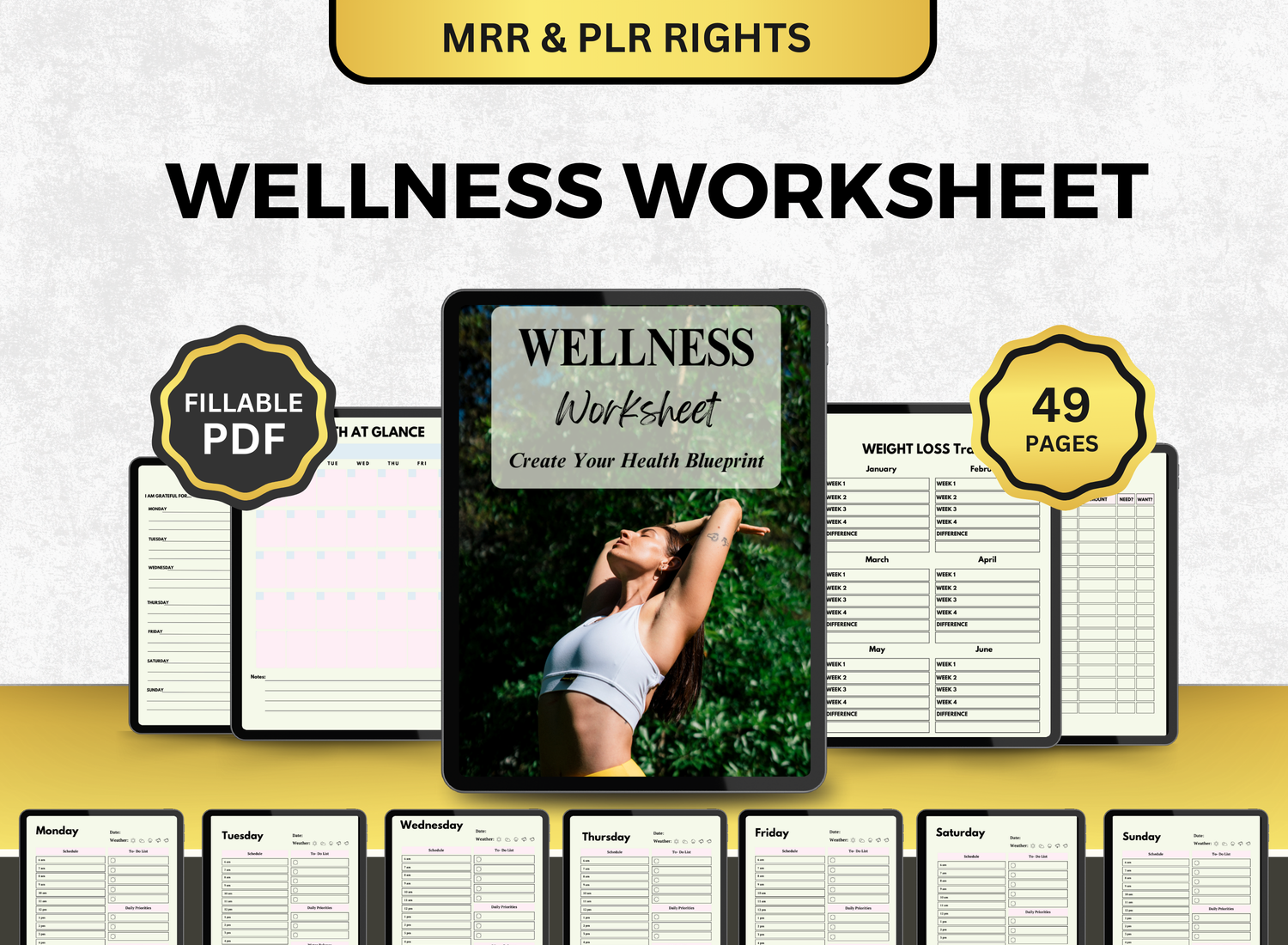What Anthony Hopkins and Autism Awareness Can Teach Us About Late-Life Diagnosis
There is really something so compelling about hearing stories that aren’t so common—especially when the topic is neurodivergence. And honestly, Sir Anthony Hopkins? He’s not who you expect when you think about autism, at least not if you’re going by outdated stereotypes.
But that’s exactly why his story matters. It unsettles assumptions. It allows for the discussion of more complicated topics, especially late-life diagnosis, which is rarely given the consideration it deserves.
Let’s start with the facts.
Page Contents
☰A Surprising Revelation: Anthony Hopkins and Autism
In 2017, Anthony Hopkins disclosed that he was diagnosed with Asperger's syndrome in a casual interview with The Daily Mail. Though it was more of a side comment than the article's primary emphasis, many took notice. It quickly became a talking point across mental health circles and neurodivergent communities.
“I don’t go to parties. I don’t have many friends… I’ve never been good at all that chatter,” he said.
And if you go back through old interviews, the signs were always there—his laser-sharp focus, his discomfort with small talk, the way he memorized pages of dialogue at speeds that baffled other actors. It just hadn’t been labeled until later in life.
The DSM-5 no longer recognizes Asperger's syndrome as its own diagnosis, but rather as a component of the broader Autism Spectrum Disorder (ASD). Nonetheless, Hopkins and many others still use the term because it was used to identify or diagnose them in the first place.
And yes, the keyword "anthony hopkins autism" gets searched a lot—people are curious. Because it’s still rare to hear someone his age, his status, talk about something that’s still often whispered about.

Source: Getty Images; BBC.
Why Late Diagnosis Matters More Than We Think
Here’s something that doesn’t get talked about enough: a significant number of adults go through most of their lives without realizing they’re neurodivergent.
Why? A few reasons.
For one, diagnostic criteria have historically been built around young, white, male children. It’s only relatively recently that people started realizing just how many women, older adults, and even high-functioning individuals were slipping through the cracks.
And two: masking. People learn to adapt. To hide symptoms. They teach themselves scripts, routines, whatever helps them survive in a world that wasn’t exactly designed for their brains.
Anthony Hopkins is a perfect example of this. He spent decades excelling in a field that requires empathy, timing, and emotional depth—despite the fact that, as he puts it, he’s always felt a little removed from social norms. Not broken. Just… different.
And maybe the biggest point here is that a diagnosis, even later in life, can be life-changing. Not because it fixes anything. But because it explains something.
It’s Not Too Late to Understand Yourself
There’s a moment that happens for a lot of late-diagnosed adults. A kind of quiet reckoning.
Some describe it as a relief: “Oh, so I’m not just difficult.”
Others feel grief. They think back on friendships that fizzled, careers that felt harder than they should have, or just a lifetime of not quite fitting in.
And this is where stories like Anthony Hopkins and autism come into play. Because if someone who’s spent his life performing for the world—someone knighted for his craft—can say “Yeah, I’m autistic,” then maybe the rest of us don’t need to be so afraid of that label.
He doesn’t treat it like a limitation. He treats it as a lens. Something that helps make sense of his strengths, his quirks, and even his career.

Source: The Hollywood Reporter.
Celebrities with Autism and ADHD: Changing the Narrative
Hopkins isn’t the only public figure to come forward about being neurodivergent. And the more it happens, the more the narrative starts to shift—from stigma to identity, from disorder to difference.
Other examples include:
- Dan Aykroyd, who’s talked about being diagnosed with Asperger’s and how it influenced his obsession with ghosts, leading to Ghostbusters.
- Simone Biles, who has ADHD and publicly defended herself after her medical records were leaked.
- Greta Thunberg, who calls her autism a “superpower” that helps her hyperfocus on environmental activism.
These stories matter. Because they push back against the old assumptions that autism or ADHD automatically mean limitations. They don’t. They mean your brain works differently. That’s it. The rest is context.
Of course, it’s not always easy. Life still has to be navigated.
Which brings up an important point. Structure helps. Organization helps. And for those living with neurodivergence, tools can make a real difference. Something like an autism-friendly planner isn’t just a calendar—it’s a system that works with your brain instead of against it. Especially when forgetfulness, overwhelm, or poor time perception get in the way of your goals.
Hopkins, Solitude, and Self-Acceptance
One of the more striking things Hopkins has shared over the years is how much he values solitude.
He doesn’t need constant stimulation. He isn’t energized by large gatherings. In fact, he often describes himself as someone who thrives in stillness.
At one point, he said something to the effect of: “When I’m alone, I’m free.”
That hits hard for a lot of people on the spectrum. Because the world doesn’t always celebrate quiet. It celebrates extroversion, charm, adaptability.
But Hopkins flips that script. His introversion isn’t a flaw—it’s fuel. It’s where he builds characters, studies scripts, lets his mind wander.
It’s not that he’s anti-social. He’s selectively social. And honestly? That’s not a bad thing. It’s just different.
The Need for Better Awareness, Especially for Adults
One of the biggest takeaways from stories like Anthony Hopkins and autism is this: we still have a long way to go in terms of adult diagnosis.
Many people never even think about the potential that they might be neurodivergent until they come across something like a celebrity interview, a TikTok video, or a statement from a spouse.
It’s not that they’re unaware of their challenges. They just never had the language.
That’s why tools like mental health screeners, therapy, and even self-assessments can be so valuable. Not to diagnose yourself, but to start a conversation.
And once that door opens, there’s room for real change. A planner designed with ADHD or autism in mind can help make that change actionable. Because learning how your mind works is one thing—learning how to work with your mind is where the real progress happens.
A Quick Pause — And a Personal Thought
There’s something comforting, I think, about how Hopkins speaks. He doesn’t dramatize. He doesn’t offer some neat story arc about struggle and triumph.
He just says things plainly. “This is how I am. This is how I’ve always been.”
And that feels... honest. Maybe even liberating.
Because sometimes we’re so caught up in fixing ourselves, improving ourselves, blending in—whatever the case may be—that we forget there’s also space for just being. Just existing as we are.
No transformation montage required.
Final Thoughts: It’s About Understanding, Not Changing
The takeaway here isn’t that Anthony Hopkins is successful despite autism. It’s that his success is intertwined with it. The same traits that made him stand apart on screen—intensity, precision, memorization—are connected to how his brain works.
And that’s the larger lesson: difference isn’t deficiency.
Neurodivergence isn’t something to be “overcome.” It’s something to be understood. Managed, sure. Supported, yes. But not erased.
So whether you’re 15 or 75, whether you’ve been diagnosed or you’re still wondering—there’s no expiration date on self-discovery.
Sometimes it comes late. Sometimes it comes quietly.
But when it comes, it can change everything.









